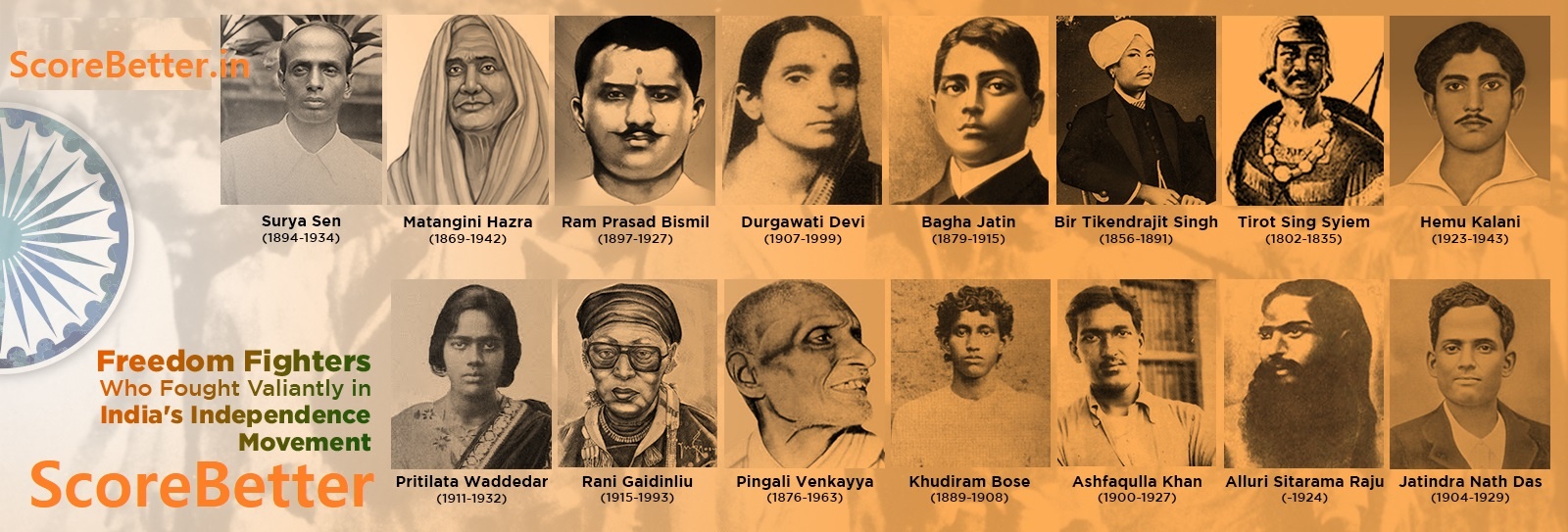Guru Nanak, also known as Baba Nanak, was the first of the ten Sikh Gurus and the founder of Sikhism. He felt that the primary condition for approaching God was the purity of character and conduct, as well as the necessity for guidance from a guru. He, like Kabir, wanted to bridge the gap between Hindus and Muslims, but he had no intention of forming a new religion. The Janamsākhīs (life accounts) are the earliest biographical sources on Nanak’s life that are still recognized today. He created Guru Ka Langar, which is a free community kitchen.
About Guru Nanak Dev
Guru Nanak Dev spent the last 18 years of his life in Kartarpur, near the Ravi River. About 120 km northeast of Lahore The shrine now lies in Pakistan. The Union cabinet, along with Pakistan’s decision, has approved the construction of a “corridor” linking India with the historic Kartarpur gurdwara. The corridor will provide devotees visa-free access to the shrine.
Guru Nanak was born in 1469 in Talwandi, a place now renamed Nankana Sahib, in the state of Punjab in present-day Pakistan. His parents were Hindus, and they were Khatri by caste, which meant that they had a family tradition of account-keeping.
Life Events and Contribution of Guru Nanak Dev
He advocated the “Nirguna” form of bhakti. The concept of God is “Vahiguru,” an entity that is shapeless, timeless, omnipresent, and invisible. Other names for God in the Sikh faith are Akaal Purkh and Nirankar.
There is only one God—a tenet that is stressed in the saying “Ik Onkar.” This is the phrase used in Sikhism to refer to the one Supreme Being that controls the universe.
Guru Nanak was opposed to caste divisions, sacrifices, ceremonial baths, image or idol worship, austerities, and both Hindu and Muslim texts. He also argued that priests and ceremonies were unnecessary.
He believed that the primary condition for approaching God was the purity of character and behavior.
He underlined the importance of having a guru to guide you.
He called for a middle road in which spiritual life and household responsibilities could coexist.
Current Relevance of Guru Nanak Dev Thoughts
Guru Nanak thus brought “equality,” “good actions,” “honesty,” and “hard work” to the core of the value system of his followers. This was the first time in the religious history of India that “hard work” got a central place in the value system, which probably had direct consequences on the economic well-being of the followers.
This led to a very significant paradigm shift because these values are essential and the major determinants of entrepreneurship and economic prosperity.
Guru Nanak Dev Had Given 3 Important Concepts in Sikhism
- NaamJapna: Sikhism believes that every person should wake up early in the morning in the Amrit Vela, i.e., between 3 am and 6 am, to mediate and worship God.
- Dharm Di KirtKarna: The Sikh belief propagates that every person should work hard with honesty to earn his living.
- Wand Chhakna: Every person should share his wealth and whatever he/she has with the deprived and the needy.
THE BASIC TENETS OF SIKHISM
- Worship one God: Monotheism,
- Treat Everyone Equally: No distinction between people on any grounds,
- Live by the Three Primary Principles: The Principles that Sikhism lays down for its followers is as follows:
- One should always be absorbed in meditation and prayer.
- Make a real income.
- Share earnings and selflessly serve others.
- Avoid the Five Sins of Ego: Pride, Lust, Greed, Anger, and Attachment.
- Become Baptized by the “Five Beloved” Sikhs, who prepare and administer immortalizing nectar to initiates.
- Keep the Code of Honor and live an Ethical Life,
- Wear the Five Articles of Faith that is, the Kesh (Hair), Kacchera (a specific type of undergarments), Kangha (wooden comb), Kada (iron bracelet), and Kirpan (curved sword),
- Follow the Four Commandments: In Sikhism, four commandments include prohibitions against the following four activities:
- Do not cut the hair
- Do not use tobacco or other intoxicants
- Do not eat sacrificial meat
- Do not commit adultery
- Recite the Five Daily Prayers: Sikhism has an established practice of three-morning prayers, an evening prayer, and a bedtime prayer.
- Take Part in Fellowship activities like the Langar, the community worship of God should be conducted.


.
Read More Articles on Personalities
Follow on Youtube Channel Score Better
Join Us on Telegram For More Update
.
